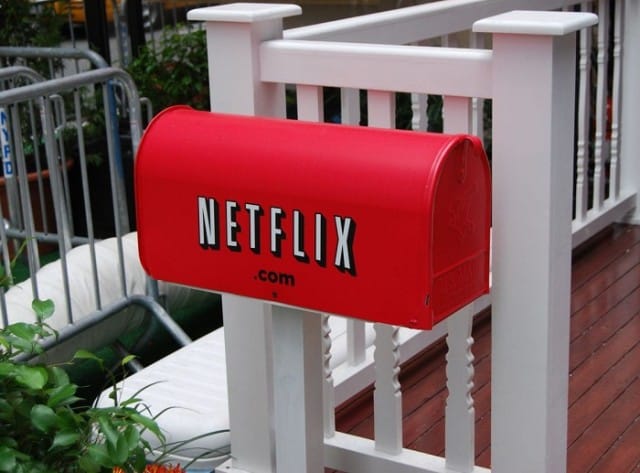
Netflix (NSDQ: NFLX) and Amazon (NSDQ: AMZN) may compete in online movie streaming – but the former plans to remain a customer of the latter even as the pair fight each other in global markets.
Netflix moved most of its operations to Amazon Web Services‘ (AWS) cloud-based infrastructure, after its data centres fell over in 2008 and exceeded capacity last fall with 37x 2010 growth in requests. Now it is even planning to move its remaining billing and payment systems over.
“Isn’t Amazon a competitor?,” Netflix’s cloud architect Adrian Cockcroft asked whilst giving this recent presentation. “We are a ‘poster child’ for the AWS architecture. Strategy – turn competitors in to partners.” Cockcroft said it “would be nice” to use another distributor but, for now, AWS is unbeatable; “maybe in two to three years”.
Amazon Instant Video competes with Netflix for movie and TV streaming.
Netflix yesterday told the investors from whom it has sought $400 million: “While the retail side of Amazon may compete with us, we do not believe that Amazon will use the AWS operation in such a manner as to gain competitive advantage against our service.” But it warned: “With the fact that we cannot easily switch our AWS operations to another cloud provider, any disruption of or interference with our use of AWS would impact our operations and our business would be adversely impacted.”
A content infrastructure like Amazon has assembled is vital to many digital media companies including Netflix. In the U.S., where a few of Netflix’s operations still rely on data centres, Netflix is the single biggest user of peak-time internet bandwidth, gobbling a third more bits and bytes than even the HTTP protocol over which web browsing occurs (source: Sandvine, spring 2011).
“AWS is the market leader and has been able to create a continuous and virtuous cycle,” Netflix’s engineering VP Kevin McEntee wrote earlier this year. “Netflix has benefited nicely from jumping on and riding that virtuous cycle.”
Having expanded to Canada and Latin America, Netflix now plans to launch in the UK and Ireland early in 2012 – a process that will involve considerable marketing and licensing costs that will push Netflix in to the red.
Netflix’s Cockcroft likened the technical consideration of UK and Ireland roll-out to: “Take a Boeing 737 on a domestic flight, upgrade it to a 747 by adding more engines and fly it to Europe without landing on the way.”
Amazon does not yet offer online movies or TV in those countries, though it does own Lovefilm, which remains DVD-centric but may require rebranding.
Netflix employs more than 50 on cloud systems and says even AWS’ own outage earlier this year did not affect it. However, Cockcroft wrote earlier this year: “As we grow from a single Amazon region and three availability zones servicing the USA and Canada to being a worldwide service with dozens of availability zones, even with top engineers we simply won’t be able to scale our responses manually.
“While we do have some lessons learned and some improvements to make, we continue to be confident that this (Amazon) is the right strategy for us.”